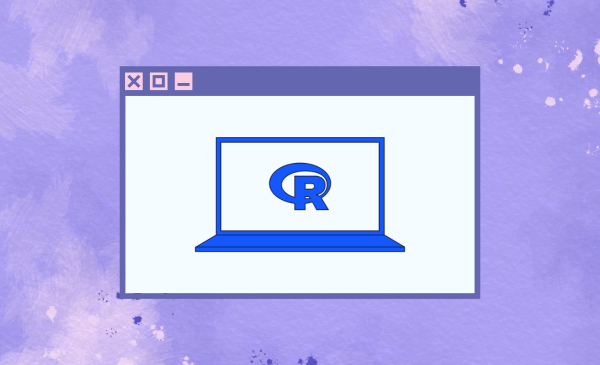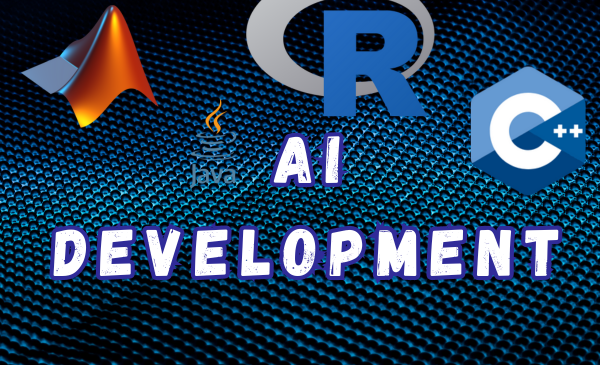Artificial Intelligence (AI) is revolutionizing industries, and with its rapid advancement, there’s a growing demand for developers skilled in AI technologies. If you’re looking to dive into the world of AI, choosing the right programming language is crucial. Here’s a comprehensive guide to the best programming languages to learn for AI development in 2024.
1. Python

Why Learn Python for AI?
Python is often the first choice for AI developers due to its simplicity, readability, and extensive library support. Libraries like TensorFlow, Keras, and PyTorch make it easier to develop complex neural networks and machine learning models. Additionally, Python’s rich ecosystem includes tools for data manipulation (Pandas), numerical computations (NumPy), and visualization (Matplotlib).
Key Libraries:
- TensorFlow: An open-source library developed by Google for machine learning and deep learning tasks.
- PyTorch: A library developed by Facebook’s AI Research lab, known for its flexibility and dynamic computational graph.
- Scikit-learn: A library for classical machine learning algorithms, such as regression, classification, and clustering.
2. R

Why Learn R for AI?
R is a language designed for statistical computing and graphics, making it ideal for data analysis and visualization. It’s widely used in academia and research, offering powerful tools for data mining and statistical analysis. R’s integration with other AI tools and languages also enhances its utility in AI development.
Key Libraries:
- Caret: A package for creating predictive models.
- randomForest: An implementation of the random forest algorithm.
- xgboost: A scalable and efficient library for gradient boosting.
3. Java
Why Learn Java for AI?
Java is a versatile language known for its portability, performance, and large-scale system integration. It’s extensively used in enterprise-level applications and big data technologies. Java’s robustness and speed make it suitable for AI applications that require heavy computations and large-scale data processing.

Key Libraries:
- Weka: A collection of machine learning algorithms for data mining tasks.
- Deeplearning4j: A deep learning library for Java and Scala on Hadoop and Spark.
- Mallet: A Java-based package for statistical natural language processing, document classification, clustering, and other machine learning applications.
4. Julia

Why Learn Julia for AI?
Julia is a high-performance programming language for technical computing, with syntax similar to MATLAB. It combines the ease of use of Python with the speed of C, making it ideal for high-performance numerical and scientific computing. Julia’s ability to handle complex mathematical computations efficiently is a significant advantage for AI development.
Key Libraries:
- Flux.jl: A machine learning library for Julia.
- MLJ.jl: A machine learning framework that integrates various machine learning algorithms.
- Turing.jl: A probabilistic programming library for Julia.
5. C++

Why Learn C++ for AI?
C++ is known for its performance and efficiency, making it suitable for AI applications where speed and resource management are critical. It’s widely used in developing AI models that require high computational power, such as real-time systems and games. C++ provides fine-grained control over hardware resources, which is beneficial for optimizing AI algorithms.
Key Libraries:
- Dlib: A toolkit for creating complex machine learning and data analysis applications.
- Shark: A machine learning library for C++.
- TensorFlow C++ API: An API for implementing TensorFlow models in C++.
6. MATLAB

Why Learn MATLAB for AI?
MATLAB is a high-level language and interactive environment used by engineers and scientists. It excels in matrix operations, making it an excellent choice for numerical analysis and prototyping. MATLAB’s built-in AI toolboxes and user-friendly interface make it easy to develop and test AI algorithms.
Key Libraries:
- Deep Learning Toolbox: A framework for designing and implementing deep learning models.
- Statistics and Machine Learning Toolbox: Tools for statistical analysis and machine learning.
Conclusion
Choosing the right programming language for AI development depends on your specific needs and the nature of the projects you plan to undertake. Python remains the most popular and versatile choice, but languages like R, Java, Julia, C++, and MATLAB each offer unique advantages. By mastering these languages, you can position yourself at the forefront of AI innovation and development in 2024.

Subtly charming pop culture geek. Amateur analyst. Freelance tv buff. Coffee lover
